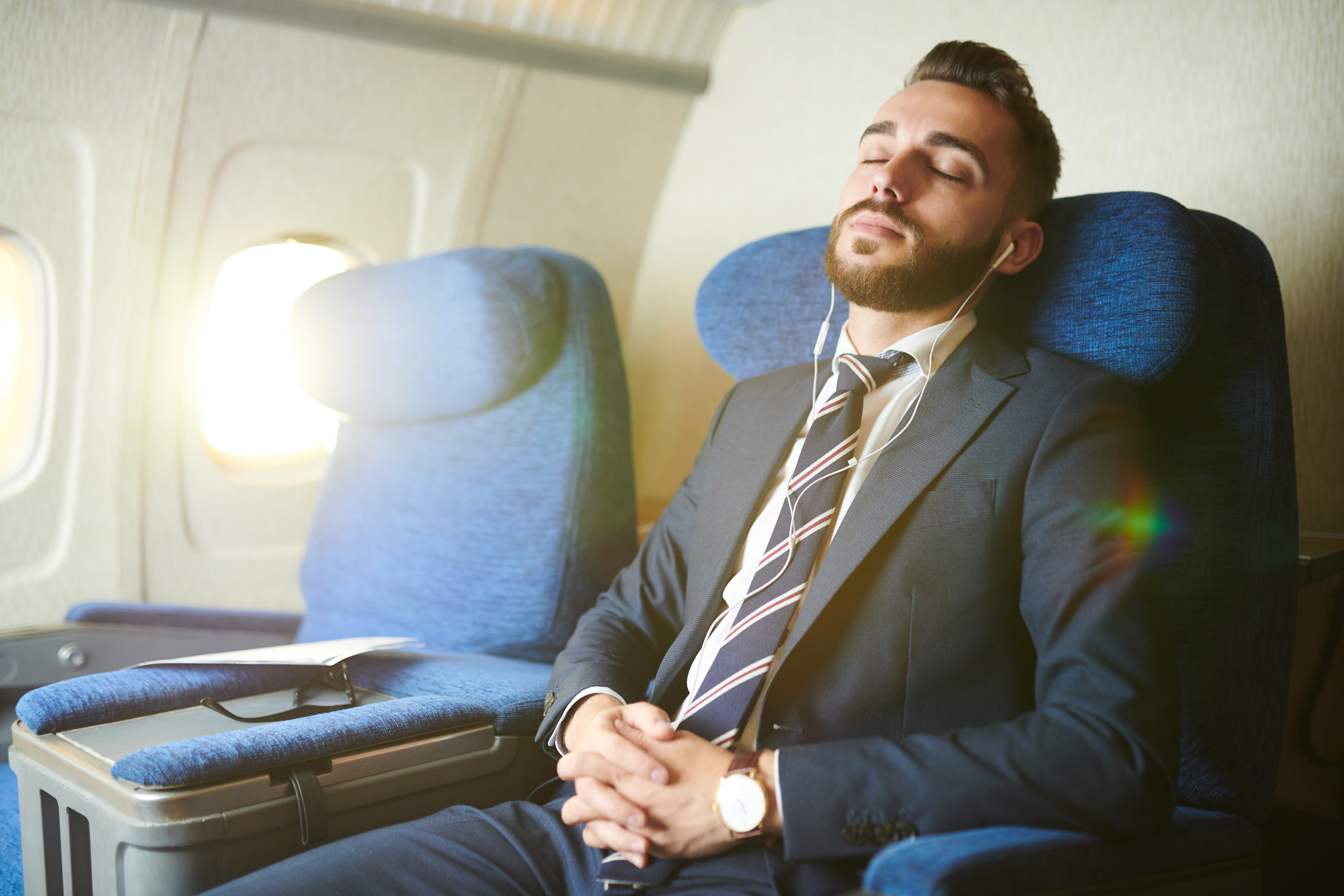Posted by Dr. Jan Akervall M.D., PH.D on Aug 28th 2019
What Is Sleep?

On a flight recently, I started to think about sleep. Of course, you kind of think about it every day (we say and think sleep well! Did you sleep ok last night? I hope I can get some rest…) but when you fly it becomes so obvious. You count the hours, or minutes, you slept, and if you are in the back of the plane you start focusing on why you can’t sleep. My neck aches. God, I’d like to stretch out my legs. And it really becomes obvious how tired you are.
We take sleep for granted when we have it but when we don’t, like on a plane ride, or when we are sick, it’s a big deal.
So, what is sleep and why is it so important to us?
In medical school we studied the different sleep stages from light to deep sleep, the need for dreaming, and how conditions and medications can affect it negatively. There are 4 basic stages, or depths, of sleep and you need them all to feel rested. They are called I, II, III and REM (Rapid Eye Movement). In a perfect world you cycle through these 4 stages in about 1.5-2h, over and over again throughout the night. But if you wake up frequently, these cycles get disrupted, and the sleep quality gets affected. That’s what happened to me on this flight back to see my mom in Sweden; someone started coughing, the guy next to me bumped into my elbow, it got too hot, the seat was too hard. So even if the number of hours of sleep were reasonable, the quality was poor.
That’s why it’s important to be comfortable; laying down in a bed of your choosing, setting the temperature just right, making sure the bedroom is quiet, eating the right food etc. If you’re at home you can control most of these parameters, but there are things out of your control that are a bit harder.
Restless legs and sleep apnea are two examples where you need a doctor for medical advice. There are also other common health issues where you can go a long way by just doing the right thing. Night grinding is one of them. 40M Americans grind their teeth at night and it leads to jaw pain and headaches, which in turn affect your sleep. In addition, night grinding is one of the most common reasons for dental injuries – a very expensive problem…
You can get a night guard from your dentist and hopefully you have insurance coverage for at least the first one. But there are effective alternatives; a recent study at University of Michigan’s Dental School, one of the highest ranked dental programs in the world, compared a $600 dentist made guard to the $30 self-fitting SOVA night guard. The NIH sponsored study showed identical results between these two devices with regards to comfort, dental health and durability.
Ultimately, you want to do whatever you can to have the best night’s sleep possible.
Take care of yourself and sleep well!
